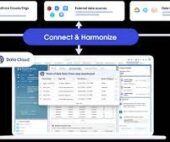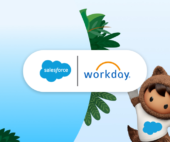Cloud First Strategy vs. Cloud-Only: Understanding the Different Strategies
A Cloud-First strategy entails the adoption of cloud technologies for all new applications, platforms, and infrastructure. It prioritizes the use of cloud computing services. Even over traditional legacy IT systems.
This approach emphasizes the integration of cloud computing technologies as the primary method for delivering IT services. Thus distinguishing it from strategies based on more traditional IT architectures and inhouse systems.
The overarching objective of the Cloud-First strategy is to minimize costs while enhancing the quality. Speed of service delivery improves as well. By leveraging cloud technologies from the outset, organizations can optimize efficiency and stay at the forefront of modern IT solutions.
A cloud-only strategy is one where all IT resources are delivered from either public or private clouds. , Whereas no resources are delivered from traditional data centers operated by the company itself. The goal of this approach is to provide increased agility for business operations as well as improved cost efficiency for IT departments.
The Cloud-First approach, while gaining popularity in the IT industry, is not a one-size-fits-all solution. It proves to be a valuable tool for certain businesses. But may not be suitable for others. This strategy is best suited for companies equipped with the resources to establish and maintain their own data centers.
Cloud First
While Cloud-First can be applied to almost any organization due to its minimal service requirements, it comes with both benefits and limitations. One limitation is that it does not offer a comprehensive solution for data storage and backup since the data is solely stored in the cloud, lacking a physical backup of files. Additionally, a downside of Cloud-First is the dependency on internet connectivity; in the event of an internet outage or no connection, access to files becomes unavailable.
If you are evaluating which cloud computing solution is right for your business, contact Tectonic today.










